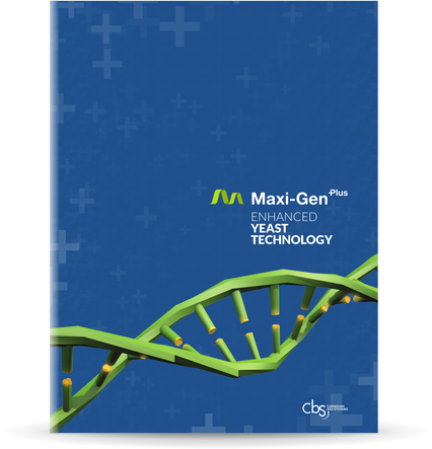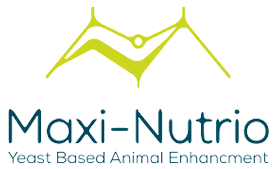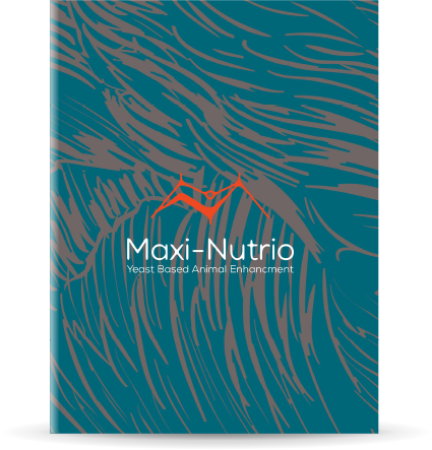ANTIMICROBIAL RESISTANCE (AMR)
Increases in potential health risks and concern
The World Health Organization defines antimicrobial resistance as the ability of a microorganism to stop antimicrobials (ex. antibiotics, antivirals, etc.) from working against it. As a result, standard treatments become ineffective, infection persists, and health risks increase. It is important to understand that antimicrobial resistance occurs naturally, typically through genetic changes, over time. Microorganisms’ ability to adapt and change in dynamic environments explains their survival over millions of years; however, research suggests that recently antimicrobial resistance has increased at an accelerated rate.








